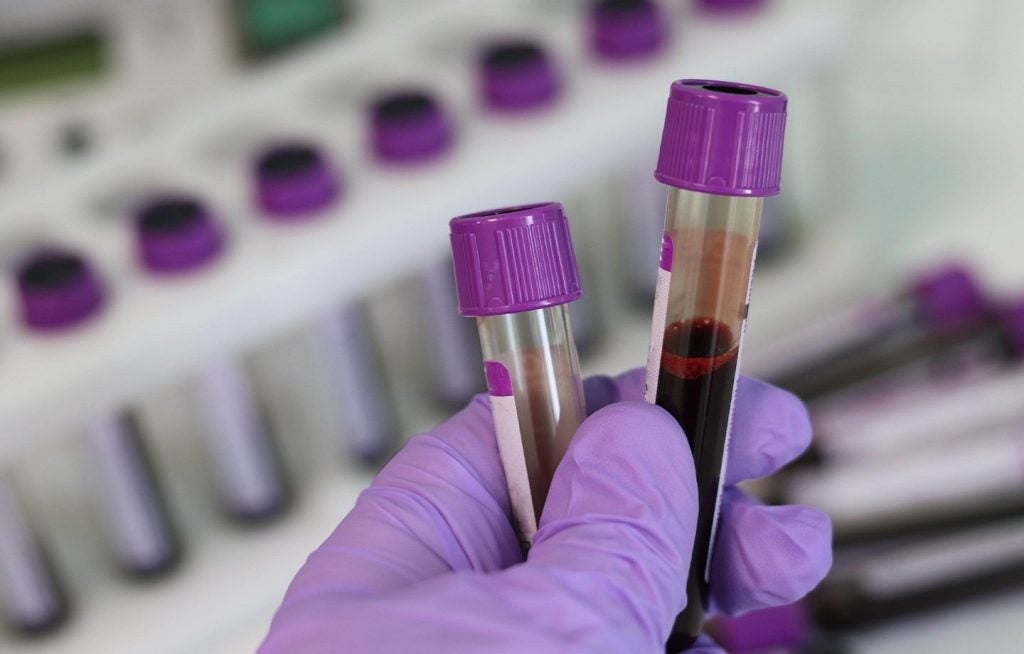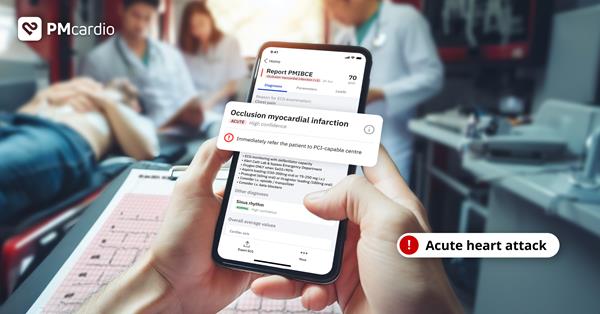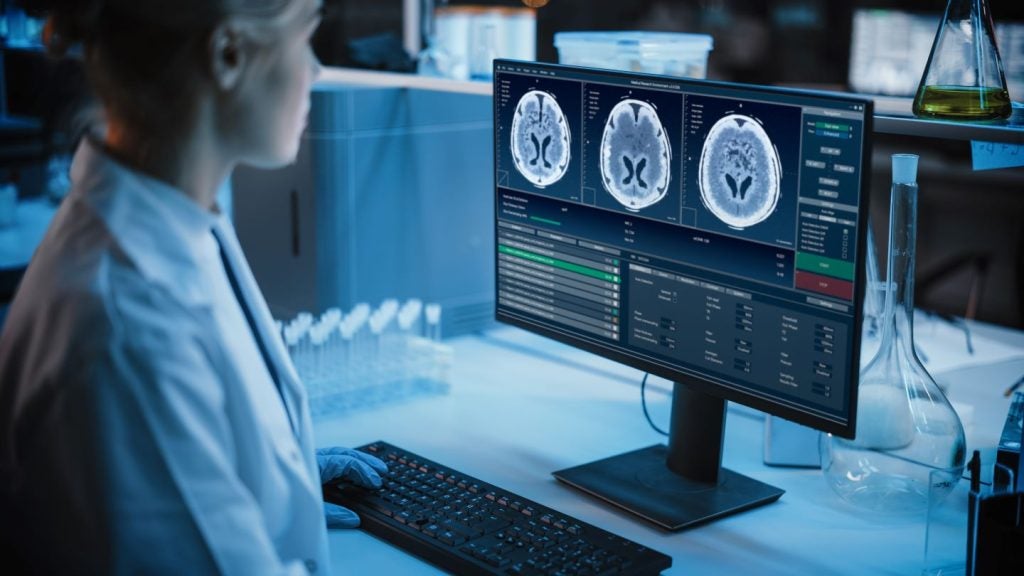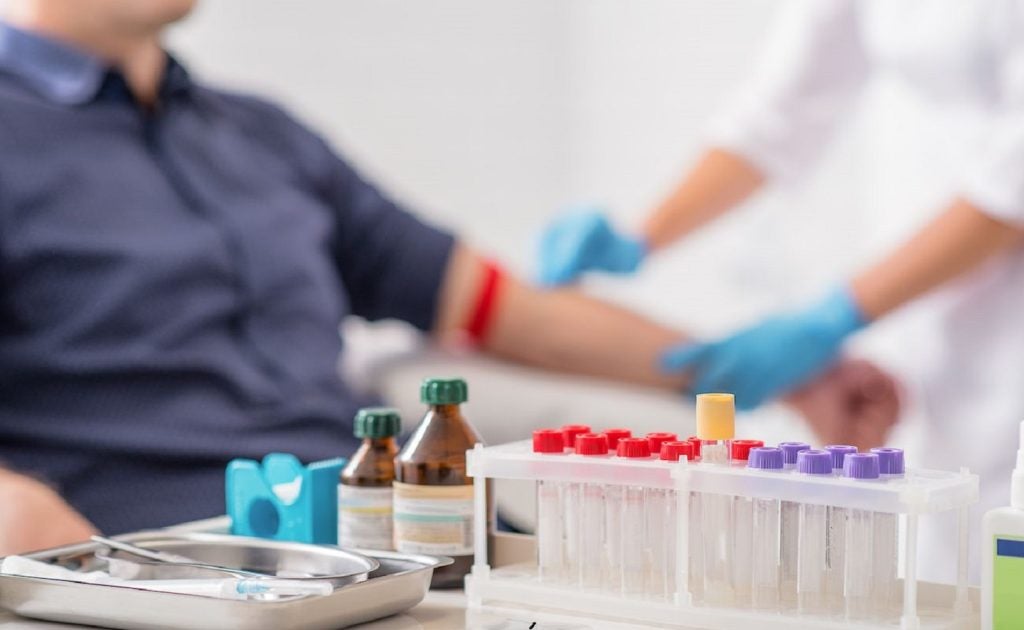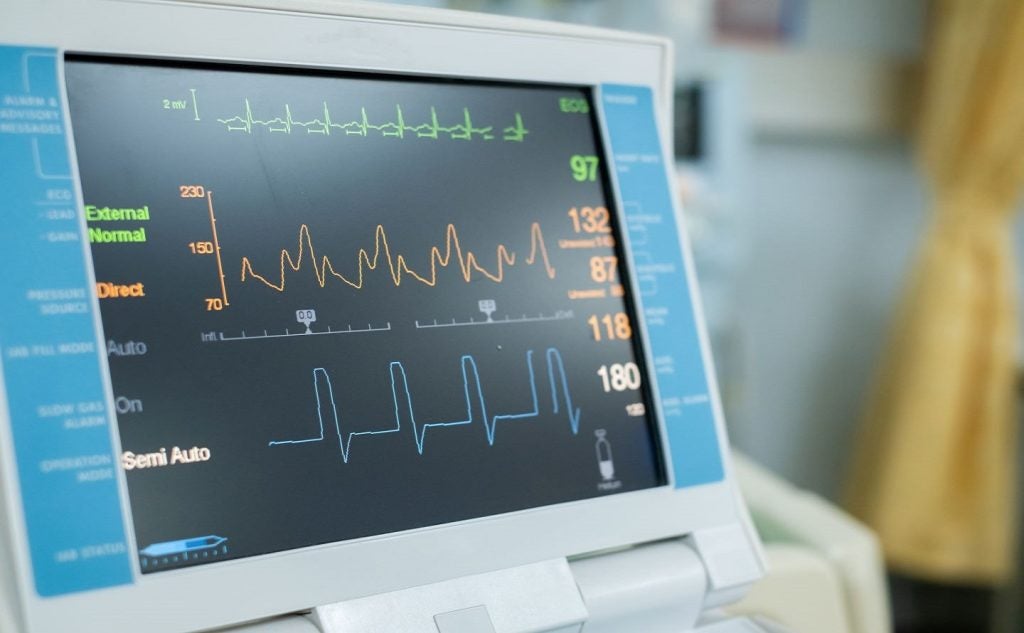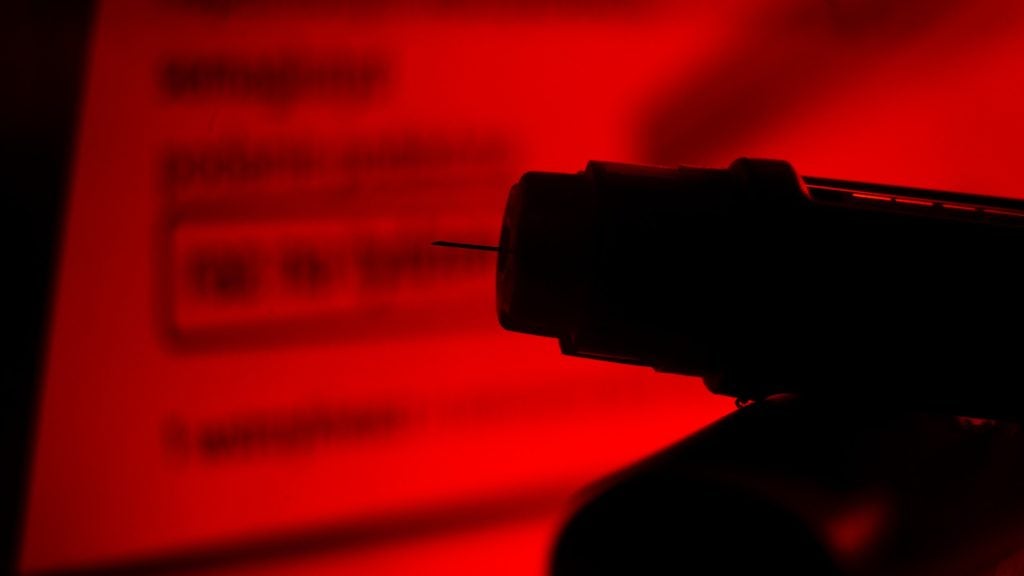An ingestible pill that monitors vital signs from inside the body has produced positive results from a first-in-human study.
The data, published on 17 November in the journal Device, demonstrates that the mini sensor could replace intrusive, wearable sensors in sleep studies.
Developed by Celero Systems, the VM pill was investigated by researchers at the Department of Mechanical Engineering at Massachusetts Institute of Technology in the US in patients scheduled for a sleep study. It works by detecting vibrations in the body and wirelessly transmitting data signals to a computer.
The device, the size of a vitamin capsule, was tested in the stomachs of ten patients at the West Virginia University Sleep Evaluation Centre. A total of 57 hours of pill data was logged across the subject group.
The researchers reported that when compared to standard wearable monitoring devices, the device was able to monitor respiration rate and heart rate with an accuracy of 92.7% and 96.2% respectively.
Diagnosing sleep disorders usually requires patients to stay overnight in a sleep lab hooked up to sensors and machines. Researchers suggest that the pill could provide a less intrusive way to collect accurate sleep data.
Radiographic imaging performed two weeks after the capsules were swallowed showed that all ten patients had naturally excreted the pill.
The researchers highlighted further results from an animal study, also part of the paper, that indicate a potential use in the detection of opioid-induced respiratory depression.
Speaking to MIT News, associate professor of mechanical engineering at MIT and senior author of the study Giovanni Traverso said: “It’s an exciting intervention to help people be diagnosed and then receive the appropriate treatment if they suffer from obstructive sleep apnoea.”
“The device also has the potential for early detection of changes in respiratory status, whether it’s a result of opiates or other conditions that could be monitored, like asthma or chronic obstructive pulmonary disease.”




